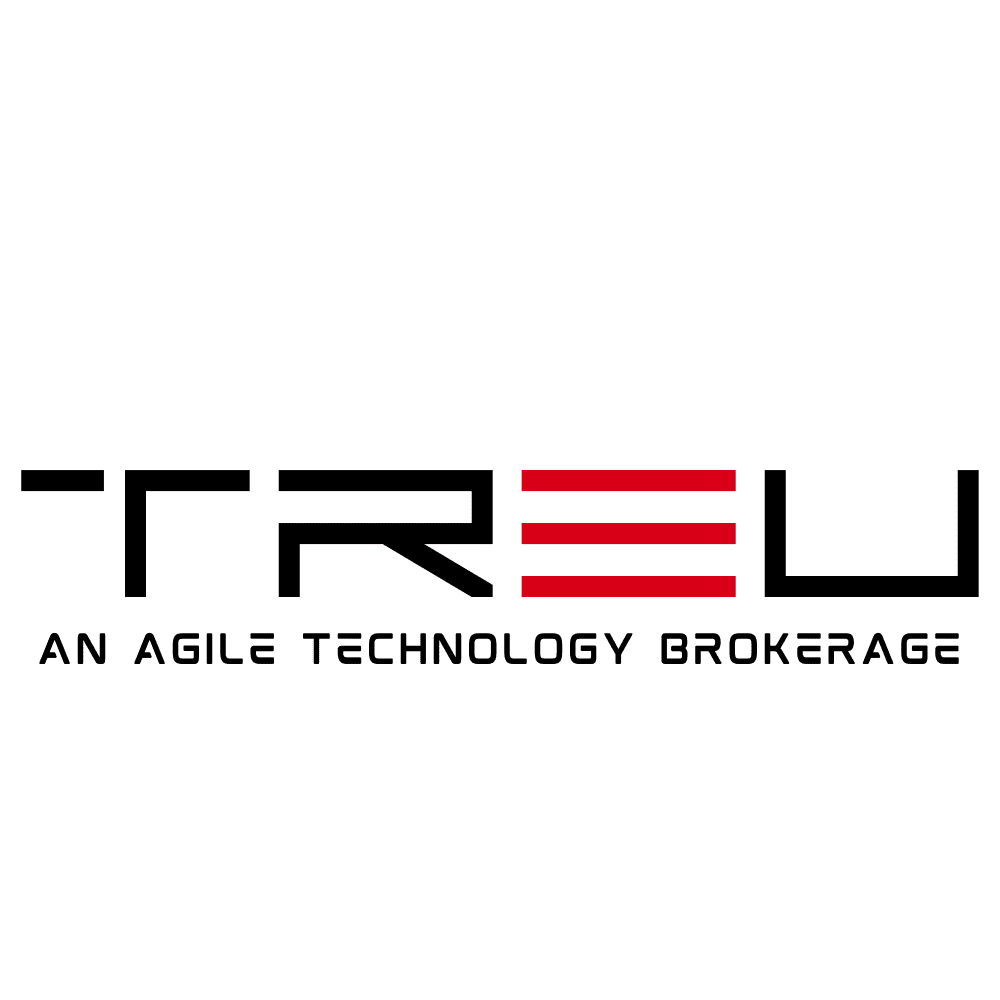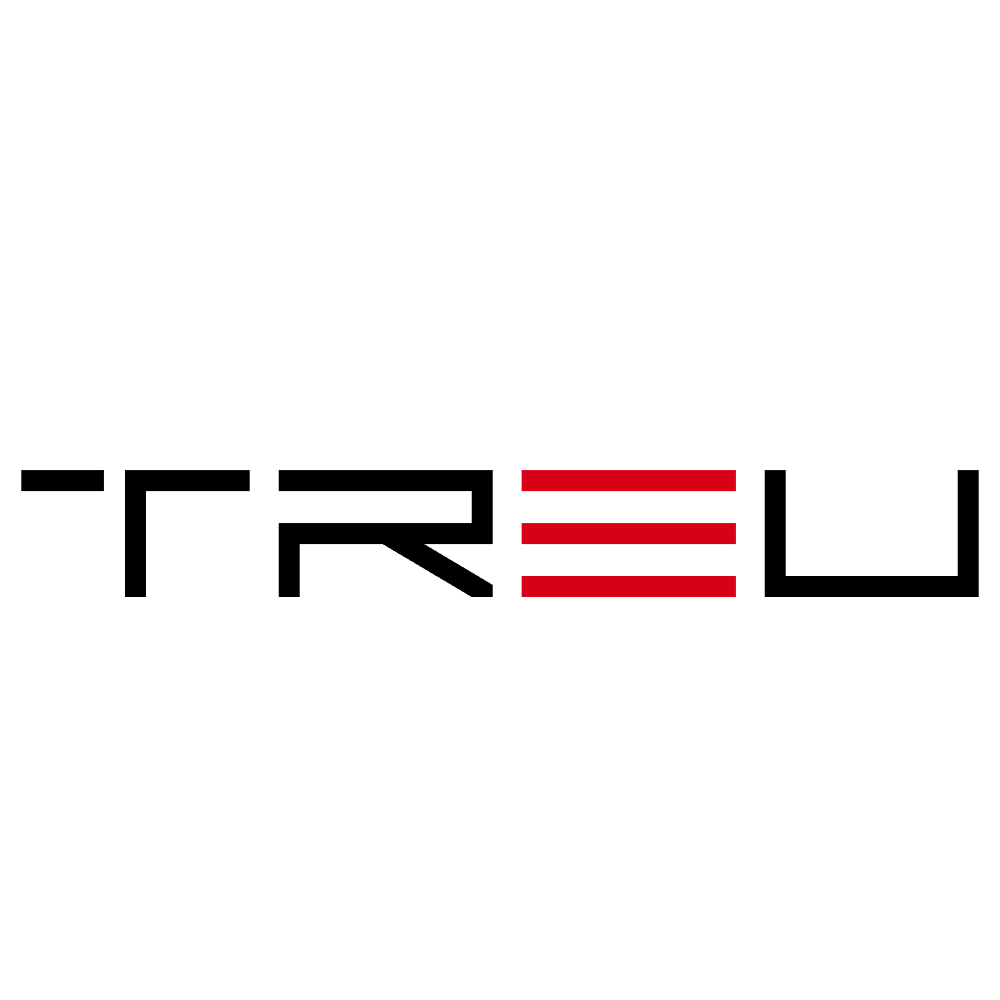Why 90 Percent of Software Leaders Seek Custom AI Agents
As artificial intelligence (AI) continues to disrupt and redefine the business landscape, the desire for custom AI agents has become a top priority among software executives. According to a recent survey conducted by Cognizant and Oxford Economics, an overwhelming 90% of software leaders now express a keen interest in leveraging custom AI agents to streamline operations, enhance productivity, and gain a competitive edge in the rapidly evolving tech industry.
What Are Custom AI Agents?
Custom AI agents are intelligent systems that are designed and trained to perform specific tasks or support unique business processes. Unlike generic AI models, custom AI solutions are built around the contextual needs of an organization, using proprietary datasets, custom models, and organizational workflows.
These AI systems can function in various capacities—from automating complex technical tasks to improving customer service with personalized interaction models. This level of specialization enables companies to unlock higher ROI from AI investments and drive real-world results faster and more efficiently.
Why Custom AI Agents Are Gaining Momentum
As businesses move beyond AI experimentation into large-scale implementation, the demand for tailored AI solutions is rapidly rising. Here are some of the key drivers behind the push for custom AI agents:
- Increased operational efficiency: Custom agents help automate repetitive and resource-intensive tasks with greater precision.
- Greater accuracy and domain-specific performance: Trained on business-specific data, the AI delivers insights and support that align precisely with organizational goals.
- Enhanced customer and employee experiences: Personalized AI interactions lead to more intuitive UX and employee satisfaction.
- Competitive differentiation: Owning unique AI capabilities becomes a strong market differentiator in saturated tech segments.
Commercial Benefits: How Custom AI Accelerates Innovation
According to the study, enterprises that have already implemented custom AI agents are reaping significant benefits that extend beyond just operational gains. Here are some of the tangible ways in which custom AI drives innovation:
1. Accelerating Software Development Cycles
Custom AI agents can take over elements of the code generation, testing, and debugging processes, leading to shorter development timelines. Integrating AI into DevOps pipelines allows engineering teams to focus more on innovation and less on repetitive coding tasks.
2. Tailoring User Experiences
AI agents designed specifically for product or customer service flows increase the personalization factor, which translates to improved customer satisfaction and loyalty.
3. Strengthening Decision Support
AI agents with access to proprietary organizational datasets can surface recommendations that align more with business priorities, offering a decisive advantage in strategic planning and resource allocation.
4. Empowering Non-Technical Teams
Through no-code or low-code interfaces coupled with contextual language models, custom AI agents empower marketing, HR, finance, and operations teams to perform advanced tasks—such as data analysis or campaign optimization—without deep technical know-how.
Barriers to Adoption: What’s Holding Some Companies Back?
Despite strong enthusiasm, some firms are still weighing the challenges of deploying custom AI agents. Key concerns include:
- Cost and resource requirements: Developing and maintaining custom AI solutions often requires significant investment in infrastructure and talent.
- Model governance and ethics: Some companies lack the frameworks to ensure responsible AI use, raising concerns around data privacy and fairness.
- Integration complexity: Merging custom agents with legacy systems or current tech stacks can be complicated and time-consuming.
- Scaling challenges: While it’s relatively easy to implement proof-of-concept AI tools, scaling them enterprise-wide is more complex.
To overcome these hurdles, many companies are partnering with AI development firms or investing in internal AI centers of excellence.
The Role of AI in Shaping the Future Workforce
Another major insight from the report is that forward-thinking companies are viewing custom AI not just as a technical upgrade, but as a workforce multiplier. Over two-thirds of software leaders surveyed believe that AI integration will transform job roles and skill requirements over the next 3-5 years.
Rather than replace human roles, many of these AI agents are envisioned as collaborative partners to employees—augmenting decision-making, increasing task efficiency, and freeing professionals to focus on more strategic initiatives.
Future skills needed include:
- AI and data literacy to interpret and work effectively alongside intelligent systems
- Prompt engineering and conversational UI design
- Ethical governance of AI systems within corporate environments
Strategic Takeaways for Industry Leaders
For companies seeking to harness the power of customized AI agents, executive alignment and a strategic approach are key. The following practices can improve the chances of successful implementation:
- Start with clear use cases that generate measurable ROI, such as customer support automation or smart product recommendations.
- Invest in organizational AI readiness by training teams and updating cloud/data infrastructure.
- Continuously monitor performance and risks to ensure compliance and ethical behavior.
- Co-create with business units: Don’t silo AI in the IT department. Instead, partner across departments to ensure cross-functional value.
Moreover, early adopters are positioning AI agents as long-term value creators, not just short-term bots. Their strategies integrate AI into organizational culture, workflows, and innovation pipelines—ensuring ongoing adaptability and performance.
Final Thoughts: A Customized AI Future
The data doesn’t lie—custom AI agents are no longer a ‘nice-to-have’; they’re a strategic imperative. As nearly 90% of software executives gear up to build or buy tailored intelligent systems, the race is now on to scale and differentiate in the era of applied AI.
While the path to truly custom AI may come with challenges, those who invest today in scalable frameworks, ethical AI practices, and skill development will be best poised to lead their industries into the future.
In a rapidly changing technological environment, embracing the power of custom AI agents is more than a trend—it’s a roadmap to competitive dominance and digital resilience.

